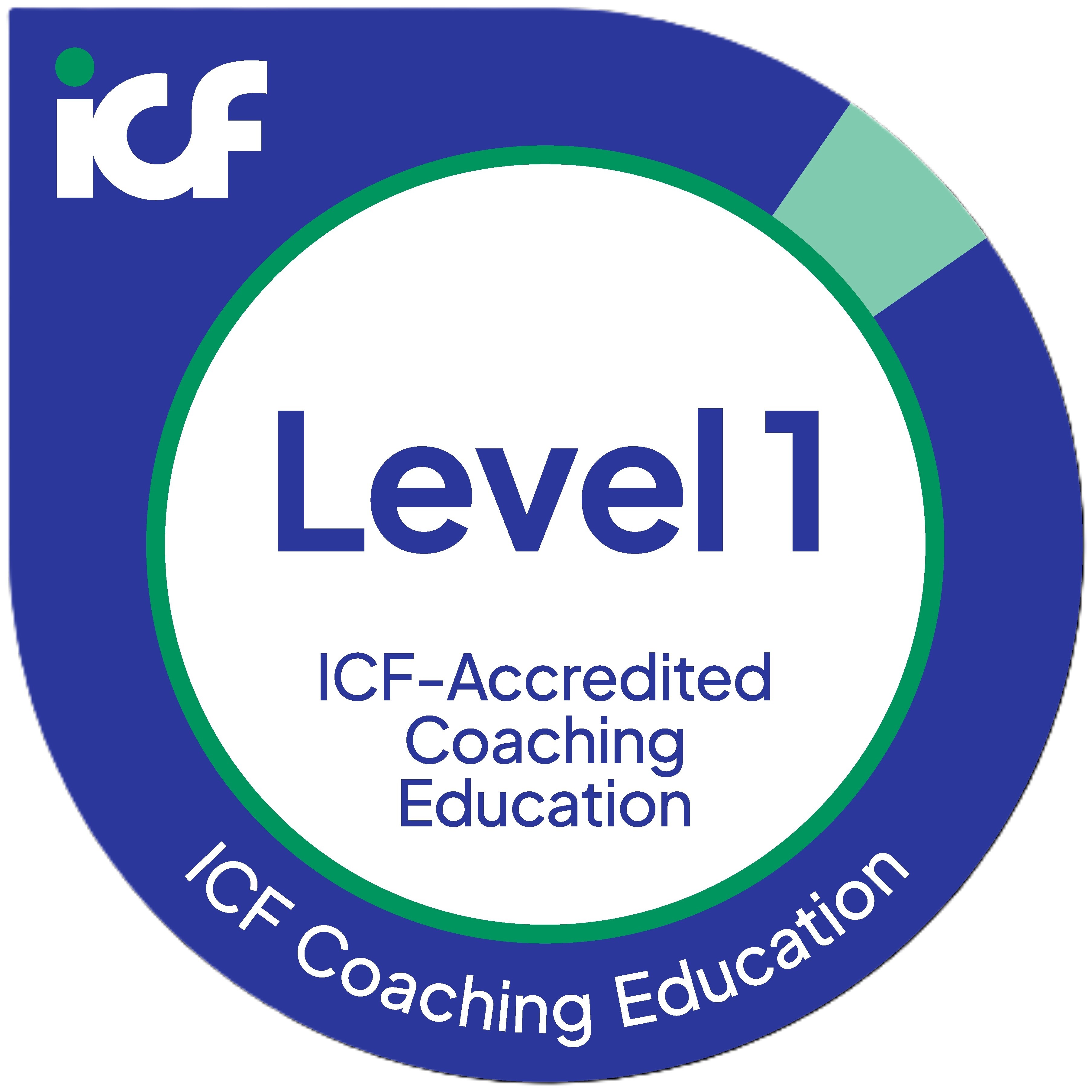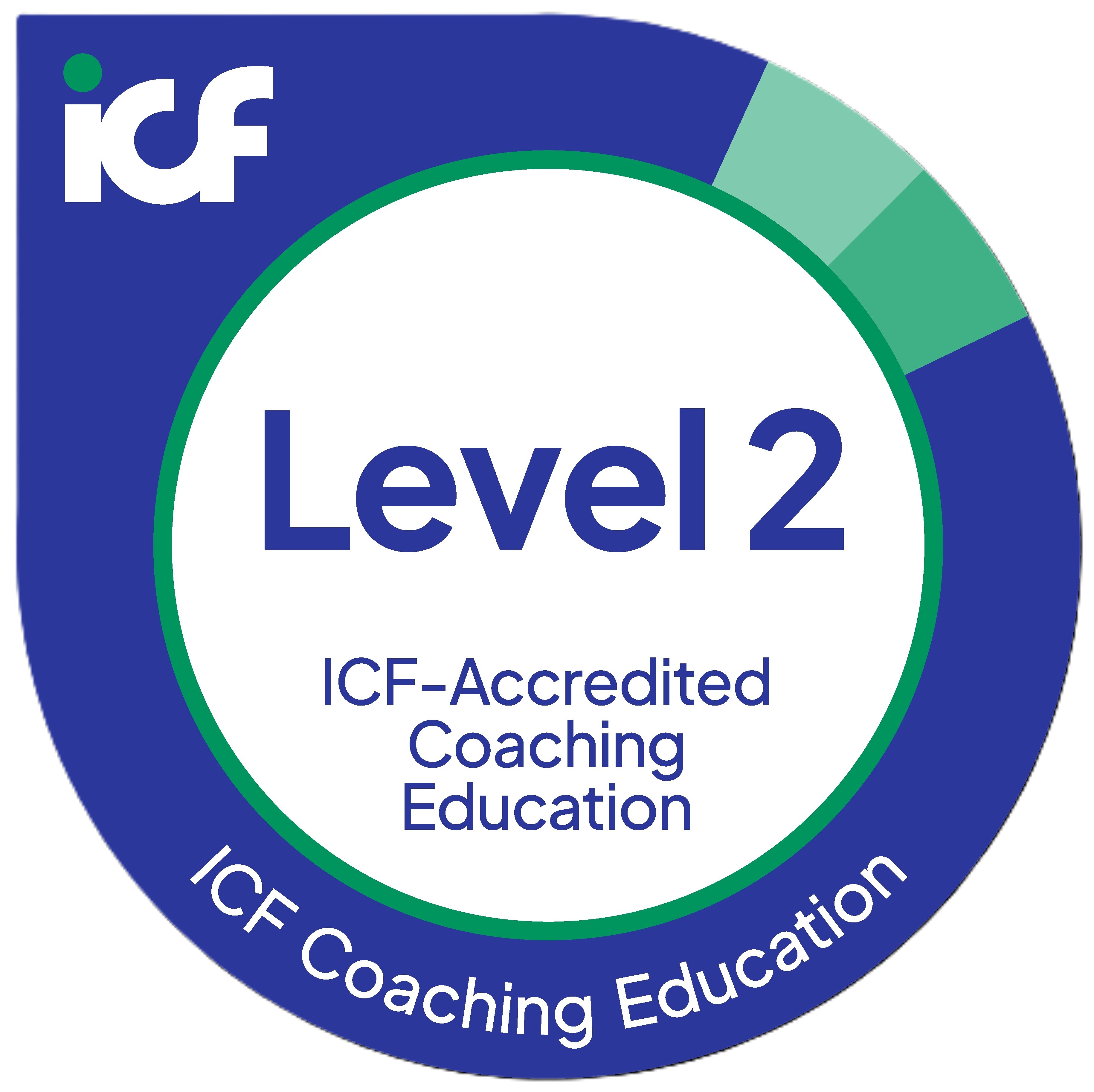
By: Kimberly Gleason
Does the knowledge of coaching translate to the doing of coaching in the workplace? Not necessarily. And sadly, not often. Last month I talked about research studies showing that knowledge in coaching skills and processes typically doesn’t lead to managers and other leaders to actually implementing coaching, at least at an organizational level. Coaching may be used as an occasional skill, but not fully integrated into the organization as part of a company, or even department-wide, coaching culture initiative. At the same time, these same leaders still recognize the importance and benefits of this kind of empowering culture.
Thus, leaders who wish to create a culture of coaching must follow ten steps, the first five which we already covered last month: enlist an influential sponsor of the coaching culture initiative, choose leaders who can and will role model coaching, connect desired coaching results to company goals, offer leaders coach training, and utilize external coaches to aid (and coach) the process of implementing the change. Here are the final five steps:
- Coach the managers and teams. Says BlessingWhite, “It’s common for managers to need coaching on coaching.” This goes for teams too. So, even if managers and teams have been trained how to coach, they still need coaching around the issue of their coaching from an external coach, to ensure the implementation and sustainability of these new behaviors that drive culture change.
- Recognize and reward. Because coaching shouldn’t be seen as a stand-alone imitative (do it, then forget it), role models of good coaching should be recognized and rewarded, and the benefits frequently highlighted. In fact, some leadership companies believe that coaching is so important for high performance, that it should be tied to compensation. I guess if it’s so critical for business results, then business owners might want to put their money (or other compensatory means) where their mouth is.
- Incorporate coaching with other processes.For example, coaching must be integrated with processes such as talent management, job competencies, and learning and development. This way, coaching becomes fully engrained into the culture and moves from being merely a skill that is utilized on occasion to the regular way of doing things.
- Regularly measure and evaluate. Like anything else that is important, coaching should be measured and evaluated on a regular basis. What’s working? Not working? What business results have been the direct or indirect application of coaching? Where is coaching not being applied with diligence? How is it being tied into the overall vision and strategy of the organization? Who’s regularly coaching, and who’s not?
- Persevere. Let’s face it. Coaching is not easy. It goes against what we’re hardwired to do: direct, advise, and tell. Coaching is a new way of communicating with others, of working with others, of expressing our value and belief in others’ abilities, talents, and potential. That being said, leaders should prepare to persevere before beginning the arduous process of developing a culture of coaching. It will take guts. It will take much thought and planning. It will take effort and determination. But in the end, employees will be empowered, satisfied, and working for the company’s good. And isn’t that what all great companies want?
So there you have it: ten powerful steps. And while these steps require much effort, time, and financial resources, the benefits of higher performance, effectiveness, engagement, satisfaction, and teamwork are worth it. Creating a sustainable culture of coaching is an investment with huge dividends for companies eager and motivated to see its power and results.

Kimberly Gleason, an ILCT student, is a Grand Rapids-based personal and executive leadership coach, business coach, career coach, author of over 80 newspaper and magazine articles, professional speaker, and trainer. She specializes in helping leaders to improve individual and team performance, effectiveness, engagement, retention, and results. You can find out more about her free e-books, blog, resources, presentations, and programs at www.kimberlygleasoncoaching.com.




